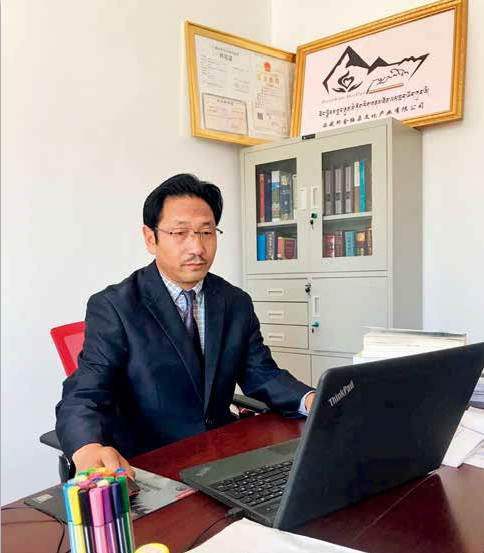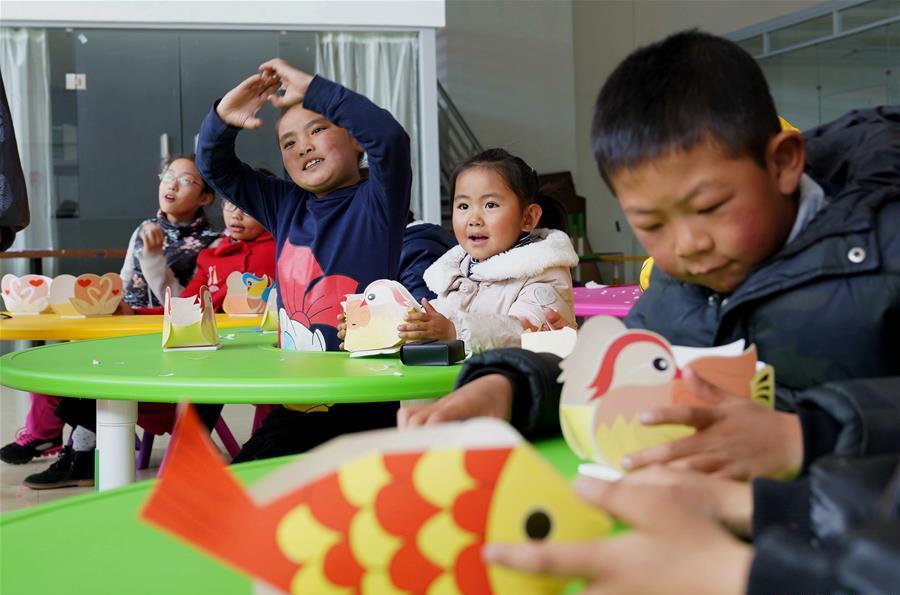Qi Zhala: the pace of Tibet's development in new era is unstoppable
On the evening of March 27, Qi Zhala (Che Dhalha), chairman of southwest China's Tibet Autonomous Region, delivered a televised speech to commemorate the 59th anniversary of the emancipation of serfs in Tibet.
"Commemorating this great day, a day that marks the emancipation of millions of serfs in Tibet, allows us to remember history, have confidence in the current reality, and have firm determination for the future," he said.
On March 28, 1959, the Communist Party of China led people of all ethnic groups in Tibet in launching a magnificent democratic reform movement, abolishing the theocratic feudal system of serfdom, and giving millions of serfs the right to be their own masters. On January 19, 2009, the Second Session of the Ninth People's Congress of the Tibet Autonomous Region decided to establish March 28 as the commemorative day of the emancipation of millions of serfs in Tibet.
In his speech, Qi Zhala said that in old Tibet, there was no education system, hospitals, or highways in modern sense, and science and technology were especially lacking. Serfs rarely had enough food to eat or clothes to wear and did not have freedom. Nowadays, the countryside and townships of Tibet has taken on an entirely newlook and modern facilities are increasingly comprehensive. And children of all ethnic groups across Tibet receive education, students learn all kinds of subjects, workers earn good incomes, there is good medical treatment, the elderly are taken care of, people have places to live, and the needy are supported. Everyone is striving for and sharing the happy life. A prosperous socialist new Tibet stands firmly on the roof of the world.
According to statistics, in 2017, Tibet's GDP reached 131.06 billion yuan (20.8 billion US dollars). Its growth rate ranked third in the country for the fifth consecutive year with an average annual increase of 10.8 percent, which is nearly four percent higher than the national average. The per capita disposable income of rural residents and urban residents rose by 13.6 percent and 10.3 percent respectively. Over the past five years, 530,000 people in Tibet have been brought out of poverty, and five impoverished counties (areas) have gotten rid of poverty. Tibet has been a national leader in providing fifteen-year free education and free health checks for people living in rural areas.
Editor: Tommy Tan.
Your Comment
Name E-mailRelated News
-
-

-
Infographic: Tibetans celebrate Cuckoo Festival
For Tibetans, the cuckoo is a happy bird, and wherever the cuckoo flies, spring comes.
-
-
-

-
Ecological investment soars on plateau's highway project
Investment in ecological restoration and protection along a 96-kilometer stretch of the Lhasa-Nyingchi highway has hit 440 million yuan ($67.2 million), almost nine times the originally planned amount, an official said.
-







